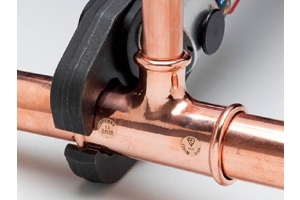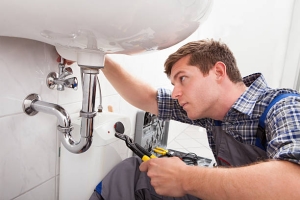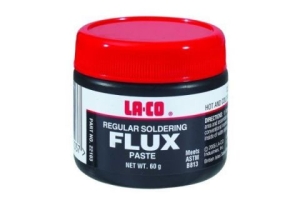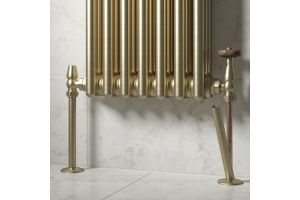Heating of the home is essential during the colder months of the year and is easily delivered through central heating and radiators. But heat loss in the winter is a problem that many of us face here in the UK. It’s an issue that not only affects your wallet but our environment too. So how can you prevent heat loss in the home during those chilly days of winter?
How Much Heat Is Lost?
Depending on your property, heat loss can differ per household. But according to The Green Age, up to 25% of heat can be lost through your roof, whilst 35% can escape through gaps in walls, windows and doors*.
Where Does It Escape?
As mentioned above, the most common places for heat to escape from the home are roofs, windows, doors, walls and even through your floors too.
What Causes Heat Loss?
There are several things which can lead to heat loss. Lack of insulation in walls and the loft, in-proper insulation of boilers and pipes plus damp and condensation can also lead to loss of heat in the home.
Older Homes Vs New Builds
There is much discussion over whether an older property loses more heat than a newly built home.
- New Homes
Most new homes are built to higher standards in regards to energy efficiency, with many having either an A or B energy rating.
So while this could mean less heat loss, it doesn’t necessarily mean they are more energy-efficient than older properties. There are many factors to consider, including usage and occupancy.
- Older Properties
Many older properties will have been vastly updated since their initial build. Such improvements include modern insulation systems, replacement of old plumbing and double glazing, which can all make significant impacts on heat loss.
How Can I Reduce Heat Loss?
There are several ways to reduce heat loss in your home. Below are some of the most effective ways to make your home more energy-efficient.
Double Glazing
You will be hard pushed to find a home these days that doesn’t have double glazing. Even on an older property, the majority of homes have been updated with new windows since their initial build. But if you do own an older property with single glazing, then installing double glazing is one of the most effective ways to reduce heat loss.
Doors
Similar to windows, doors can lose considerable amounts of heat. Although most older properties will have been updated with energy-efficient doors, if you have a single glazed or solid door installed before 2002, then you may need an update to something more modern for improved energy efficiency.
Sealing Of Gaps
If you already have double glazed doors and windows, you could still be losing heat through any gaps which may be present. Ensure you fill or seal these up using a good quality sealant or expanding foam.
Insulation
Insulating cavity walls, solid walls, roof space, lofts and under flooring can all help towards retaining heat in the home. Ensuring your pipes, water tanks and radiators are insulated properly can also help increase the energy efficiency of your property.
Draught Proofing
Probably one of the cheapest and easiest ways to reduce heat loss is draught-proofing. A draught is often quickly detected as you will tend to feel the cold air coming through the home as soon as the temperatures drop. Draught proofing can be carried out on some areas around your house, including doors, windows, chimneys and floorboards.
Smart Home Heating Controls
Smart home heating controls are a great way to take more accurate control over your household heat usage. Many thermostats can now be connected and controlled via your mobile phone, with some models also featuring energy-saving modes. You can also find heating controls with functions that read weather data, with some being able to detect open windows. Read our Smart Home Heating Guide for more information on how these clever controls can benefit your home.
Radiators
Let’s not forget the main source of the heat, the radiators. Ensuring your radiators are in good working order is always recommended before the winter sets in. Many radiators spend months out of action during the summer months, so it’s always worthwhile making sure they are in good working order before the temperatures plummet. Also, check the radiator valves are working as they should be and check for leaks or uneven heat distribution. Check out our guide on Radiator Maintenance for further advice.
Pipes and Boilers
As well as checking your radiators, it’s also worth checking your boilers and pipework. Cold weather, especially frost, can wreak havoc on piping, so make sure they are winter-ready. Our guide on How To Care For Pipes and Boilers features further info.
Green Homes Grant
The Government has recently announced a Green Homes Grant to help homeowners improve their home’s energy efficiency. The grant can be used for various improvements, including some of those mentioned above, such as insulation, double glazing and draught-proofing, as well as installation of biomass boilers, hybrid heat pumps and smart heating controls.
Note - We recommend seeking advice before you purchase any materials or apply for the grant to make sure you are eligible. Information on what is covered by the grant and eligibility can be found here. You can also check the Simple Energy Advice website for help on how best to improve your home’s energy efficiency.
*Source - https://www.thegreenage.co.uk/where-am-i-losing-heat-home/
 4.9+ Rating
4.9+ Rating 






